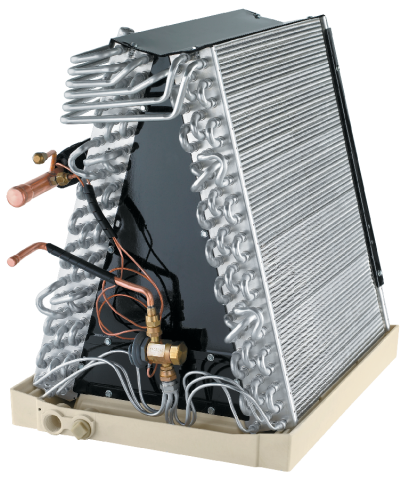
DIRTY COILS INCREASE OPERATING COST
When a coil becomes fouled with dirt and grime, it cannot provide adequate or designed heat transfer causing higher discharge pressures. The higher discharge pressure requires more electricity… thereby, increasing the costs for operating the equipment. The energy consumption of equipment operating with dirty coils can be as much as 37% more than that used by equipment with clean coils.
DIRTY COILS REDUCE COOLING
As the dirt and grime collect on the coils it restricts heat transfer causing the compressor to work harder. This adds more heat to the system and raises the head pressure as much as 75%. Higher head pressure can result in a loss of up to 30% of the system’s cooling capacity. This loss will be most noticeable on the HOTTEST DAYS when cooling is needed the most!
DIRTY COILS SHORTEN EQUIPMENT LIFE
Higher operating pressures and temperatures caused by dirty coils can reduce the equipment’s life expectancy. The elevated system pressure and temperature can lead to the breakdown of the compressor’s lubricant. In addition acid formation can occur, leading to an acid burnout. Lubricant breakdown and acid formation will seriously comprise the compressor and ultimately lead to equipment failure. Compressor failure means NO COOLING. No cooling means no comfort. And, a compressor replacement means a costly repair.
DIRTY INDOOR COILS AFFECT AIR QUALITY
The evaporator, or inside coil, presents major concerns that go beyond the issues already discussed. A fouled and dirty evaporator coil creates a breeding ground for bacteria and mold that can impact the indoor air quality. Cleaning, protecting the coil and preventing bacteria growth on the evaporator coil and surrounding areas is critical. Specific cleaners and products will be required for these applications.






